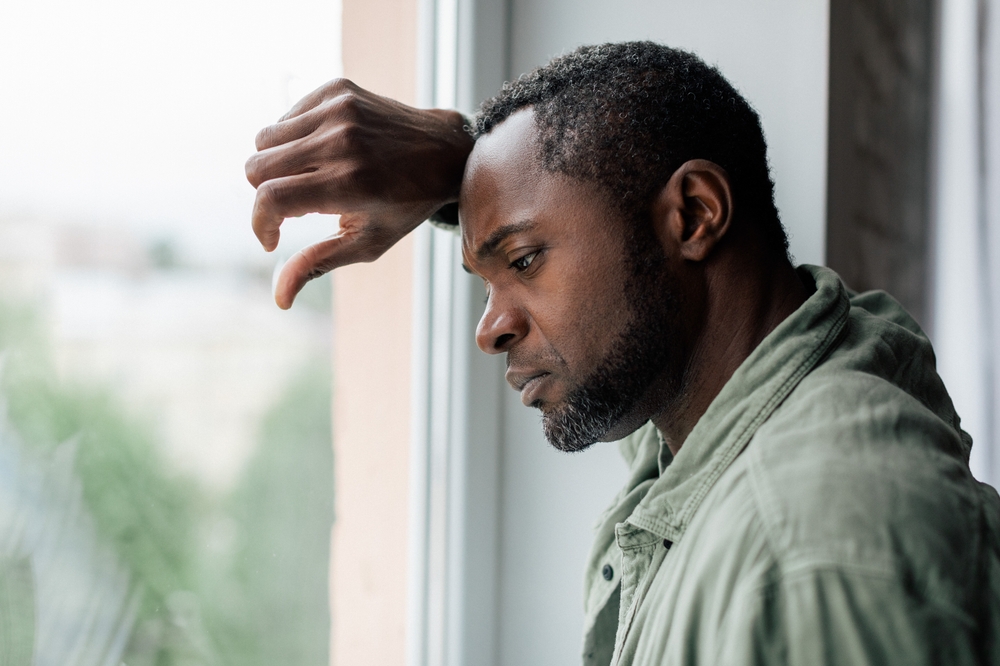Navigating relationships is challenging enough, but when your partner is re-entering society after serving time in prison, the complexities can multiply. Understanding why men change after getting out of prison can help those who love them better support their partners during this significant transition. This article delves into the psychological, social and emotional factors that contribute to these changes, offering insights to help people comprehend and navigate this often tumultuous period.
The psychological impact of incarceration
Adjusting to life outside
One of the most profound changes men experience after being released from prison is the adjustment to life outside. Prison life is highly structured, with strict routines and limited personal freedom. Once released, men must adapt to a world where they make decisions independently again. This transition can be overwhelming, leading to anxiety, confusion and sometimes, depression.
Identity and self-worth
Incarceration can significantly impact a man’s sense of identity and self-worth. Many men struggle with feelings of shame and guilt about their past actions and incarceration. This can lead to low self-esteem and a sense of inadequacy. Those who love these men need to understand that their partners might be battling these internal struggles, affecting their behavior and interactions.
Social repercussions and stigma
Rebuilding relationships
Reintegrating into society often means rebuilding relationships that were strained or severed during imprisonment. Trust issues, altered family dynamics and reconnecting with children can be particularly challenging. Men might feel the pressure to mend these bonds quickly, leading to stress and emotional withdrawal.
Facing social stigma
Despite having served their time, many formerly incarcerated men face significant social stigma. They may encounter discrimination in employment, housing and even within their social circles. This societal rejection can foster feelings of isolation and resentment, further complicating their reentry process. Partners can play a crucial role in offering support and understanding during these times.
Emotional and behavioral changes
Coping with trauma
Prison can be a traumatic experience. Exposure to violence, isolation and the constant need for vigilance can leave lasting scars. Post-traumatic stress disorder (PTSD) is not uncommon among men who have been incarcerated. Symptoms such as hypervigilance, irritability and emotional numbness can manifest, influencing their behavior and interactions with loved ones.
Behavioral adaptations
Survival in prison often requires adopting certain behaviors and attitudes that are not conducive to life outside. For instance, mistrust, aggression and emotional detachment can be necessary for self-preservation in prison but detrimental in personal relationships. Recognizing these adaptations as survival mechanisms rather than personal flaws can help significant others approach their partners with empathy and patience.
Strategies for supporting your partner
Open communication
Open and honest communication is vital. Encourage your partner to share their feelings and experiences, and listen without judgment. Understanding their perspective can help you both navigate the challenges of reentry more effectively.
Patience and empathy
Rebuilding a life after prison is a marathon, not a sprint. Patience and empathy are essential. Your partner may have setbacks and bad days, but consistent support and understanding can make a significant difference in their journey.
Professional help
Sometimes, professional help is necessary. Counseling or therapy can provide a safe space for your partner to address their psychological and emotional issues. Couples therapy can also be beneficial in strengthening your relationship and addressing specific challenges you face together.
Helping formerly incarcerated men readjust
Understanding why men change after getting out of prison requires acknowledging the multifaceted impact of incarceration on their psychological, social and emotional well-being. As a significant other supporting a partner through this transition, your role is pivotal. Open communication, patience, empathy and professional support can help you navigate this challenging period together, fostering a stronger and more resilient relationship. By being informed and compassionate, you can help your partner rebuild their life and identity, ultimately leading to a more fulfilling future for both of you.
This story was created using AI technology.














